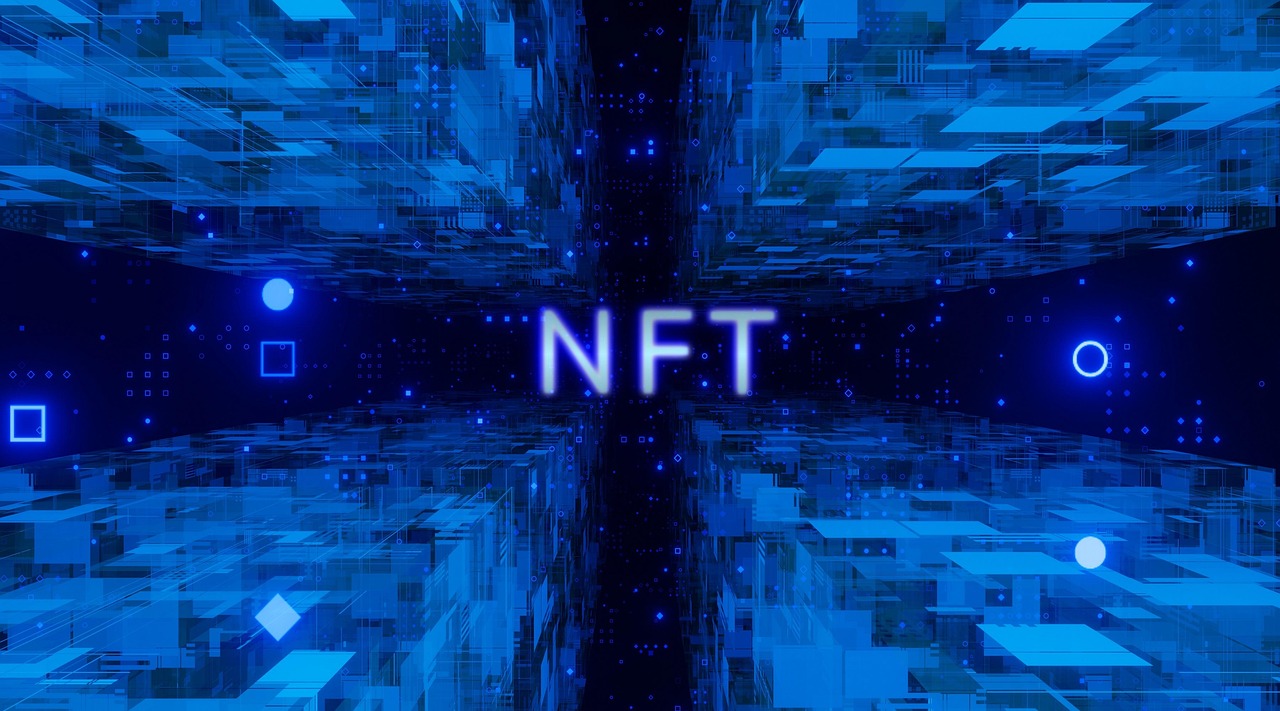GDPR Requirements Drive Fintech Open-Source Governance Adoption

In recent years, the European Union’s General Data Protection Regulation (GDPR) has significantly impacted how fintech companies manage data privacy and security. As the regulation enforces stringent requirements for data protection, fintech firms are increasingly adopting open-source governance frameworks to ensure compliance, enhance transparency, and maintain robust security measures. This trend is not only shaping the operational strategies of fintech entities within the EU but is also influencing global practices.
The GDPR, which took effect in May 2018, sets out key principles and requirements for the handling of personal data. It grants individuals greater control over their personal information and imposes heavy penalties for non-compliance. For fintech companies, whose operations often involve handling vast amounts of sensitive financial data, adherence to GDPR is critical. Non-compliance can lead to fines of up to 4% of annual global turnover or €20 million, whichever is higher.
One of the primary challenges fintech companies face is the integration of these regulatory requirements into their existing systems and processes. This is where open-source governance becomes a vital tool. Open-source platforms offer transparency in code and processes, allowing for better auditing and compliance checks. This transparency is crucial in demonstrating GDPR compliance, particularly in areas such as data protection by design and default, data portability, and the right to erasure.
Open-source governance frameworks facilitate the following benefits for fintech companies:
- Transparency: By using open-source software, fintech firms can provide clear documentation and audit trails, which are essential for GDPR compliance audits.
- Community Collaboration: Open-source communities continuously test and improve software, providing a collaborative environment for developing solutions that meet GDPR requirements.
- Cost-Effectiveness: Open-source solutions often reduce the cost of software development and maintenance, freeing up resources for other compliance-related investments.
- Flexibility and Scalability: Open-source frameworks allow for customization and scalability, enabling fintech companies to adapt quickly to regulatory changes and evolving business needs.
Globally, the impact of GDPR extends beyond the EU borders, as companies worldwide that process EU citizens’ data must comply with the regulation. This has prompted a growing number of fintech companies outside the EU to adopt open-source governance as well, ensuring they can efficiently align with the GDPR and similar data protection laws emerging in other regions, such as the California Consumer Privacy Act (CCPA) in the United States and Brazil’s Lei Geral de Proteção de Dados (LGPD).
By implementing open-source governance models, fintech companies can also better address security vulnerabilities. The open nature of these platforms allows for continuous peer review and rapid identification of security issues, which is crucial in protecting sensitive financial data from breaches. This proactive approach to security aligns well with GDPR’s emphasis on maintaining the confidentiality and integrity of personal data.
Moreover, regulatory bodies are increasingly recognizing the value of open-source frameworks in promoting data security and compliance. Some regulators encourage the adoption of open-source solutions as part of a broader strategy to improve transparency and trust in digital financial services.
In conclusion, the GDPR has acted as a catalyst for fintech companies to adopt open-source governance frameworks, driving a shift towards greater transparency, security, and compliance in the industry. As data protection regulations continue to evolve globally, the adoption of open-source solutions is likely to become a standard practice in fintech, ensuring that companies can effectively manage regulatory requirements while fostering innovation and trust in their services.














